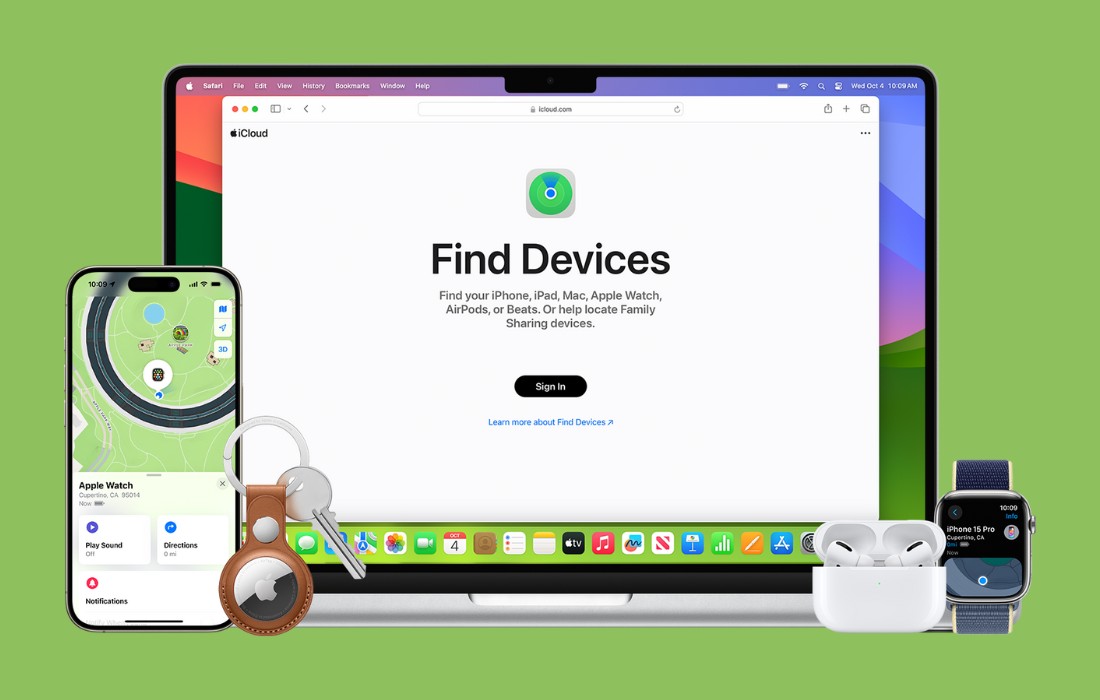Apple’s iPhones have long been celebrated for their innovation and user-friendly design, but the question remains: are they worth their premium price compared to Android devices? With more than 500 retail stores across 25 regions and a strong global presence, Apple is a significant player in the smartphone market. Here’s a breakdown of the pros and cons of iPhones compared to Android phones to help you decide if the investment is justified.
Ease of Use
One of the most touted advantages of iPhones is their ease of use. Apple’s iOS is designed to be intuitive, with a sleek interface that many users find straightforward, especially those who aren’t tech-savvy. The streamlined design and consistent user experience often make iPhones appealing to a wide audience.
However, ease of use is not exclusive to iPhones. Many Android phones are also designed to be user-friendly, with customizable interfaces and features that cater to a range of preferences. The transition from iPhone to Android (or vice versa) can be challenging, but many modern phones are designed with simplicity in mind.
The Masses Count
A significant reason people choose iPhones is because their friends and family use them, making it easy to join FaceTime calls and participate in iMessage chats. This network effect can be compelling, especially if you value seamless communication with your circle.
That said, breaking away from the iPhone ecosystem is entirely feasible. Many alternative communication apps, such as WhatsApp and Skype, are available on both iOS and Android, ensuring you stay connected regardless of your phone brand. Plus, iPads also support iMessage, so you don’t need an iPhone to stay connected with Apple users.
Security
iPhones are often praised for their security, partly due to regular iOS updates that address vulnerabilities and protect against malware. Apple’s control over both hardware and software enables a more cohesive security approach.
Android has made significant strides in security, with more frequent updates and robust protection measures. Android devices also offer family security options like Google’s Family Link, which allows parents to monitor and manage their children’s devices and accounts, similar to Apple’s Family Sharing.
Value for Money
While iPhones are known for their high build quality and integration within the Apple ecosystem, they come with a hefty price tag. In contrast, many Android phones offer comparable or superior features—such as larger storage options, better camera quality, and longer battery life—at a more affordable price.
If you don’t mind forgoing some of the Apple-exclusive features like iMessage and FaceTime, many Android devices offer excellent value with competitive specifications and security features.
Conclusion
iPhones offer a premium experience with ease of use, strong security, and seamless integration within the Apple ecosystem. However, Android phones have closed the gap with frequent updates, strong security measures, and a variety of devices catering to different needs and budgets.
Ultimately, whether an iPhone is worth its price tag depends on your personal preferences and requirements. If you value exclusive features and ecosystem integration, an iPhone might be the right choice. But if you seek value for money and flexibility, exploring the Android market could be worthwhile.












